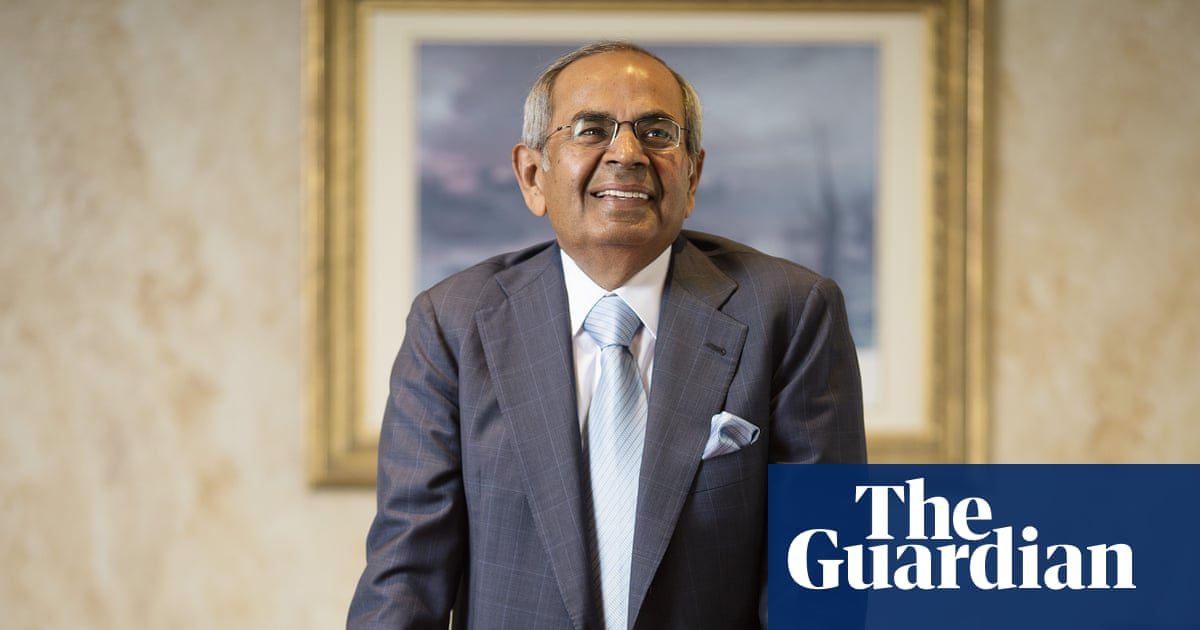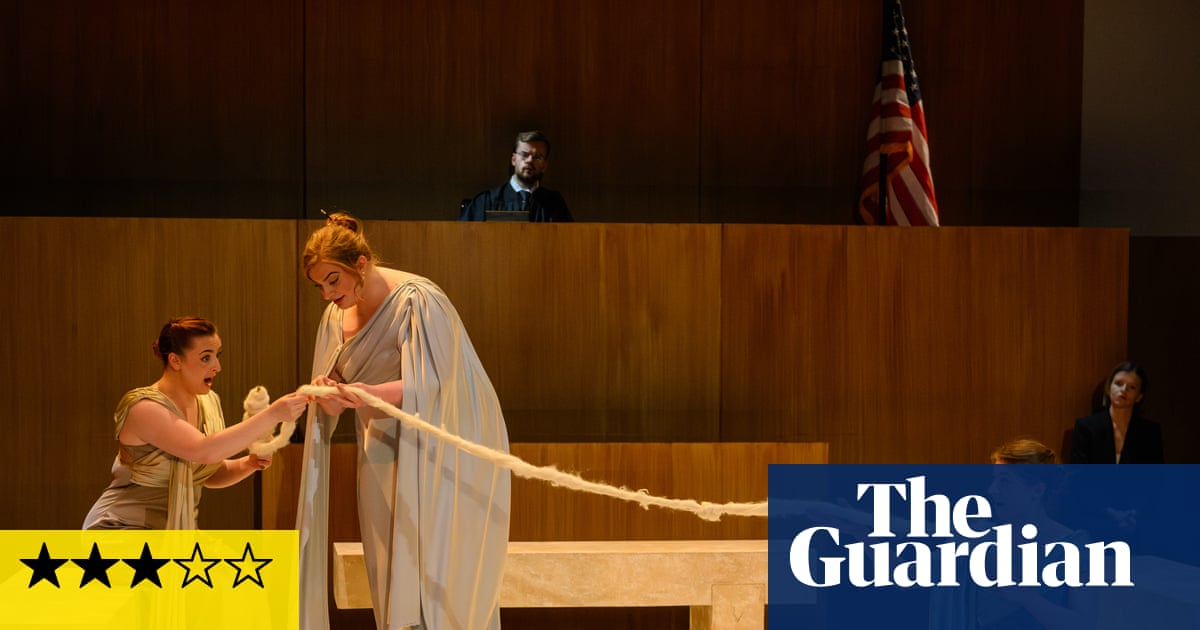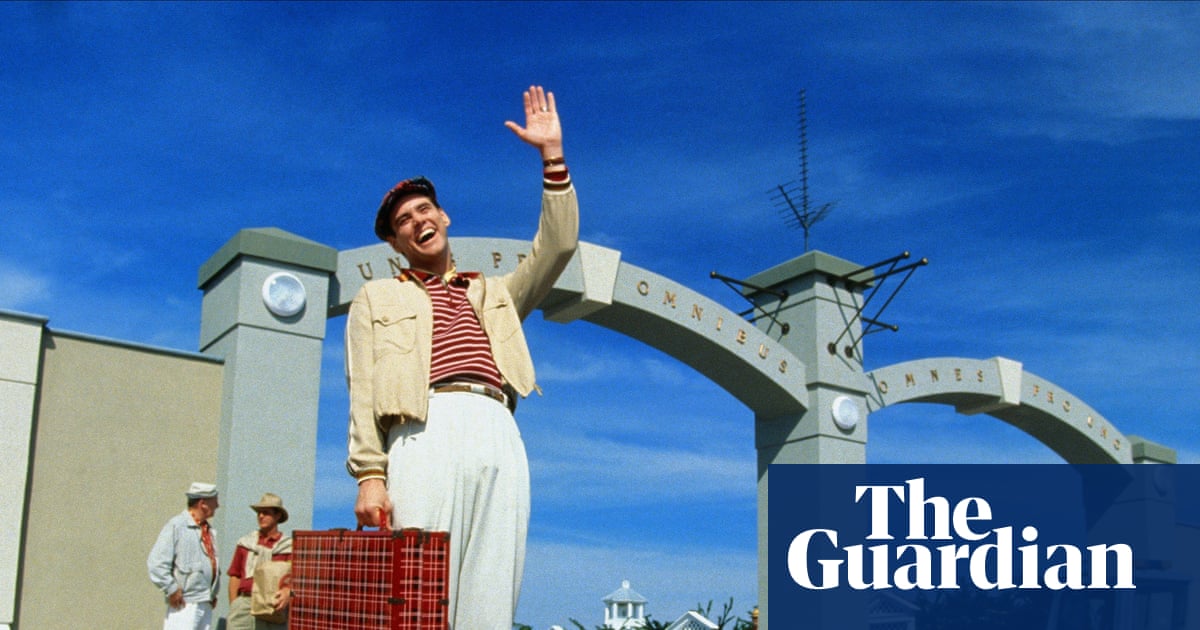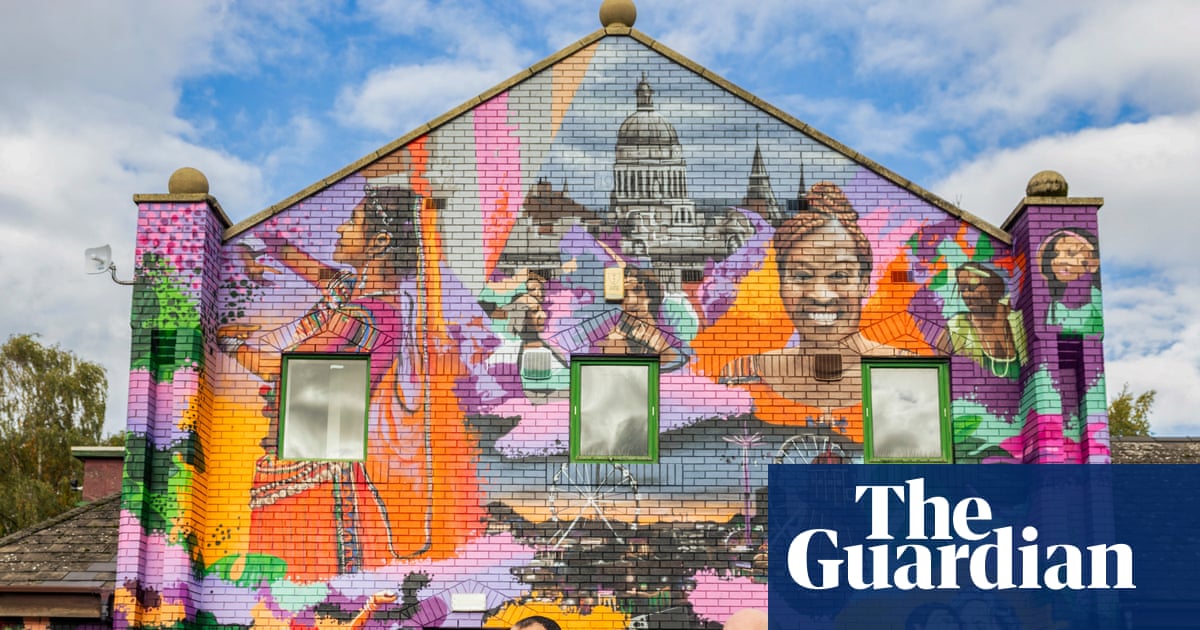When I was 12, following my parents’ divorce, I moved with my mum and sister from London to Australia, leaving behind my dad and a large extended family. It was destabilising and demoralising. Throughout high school I was bullied for my accent, clothes and looks. While Australian girls seemed like flowers thriving under the brutal sun, I felt like a sweaty, acne-prone gremlin who craved the dark and cold of home.
Shortly after moving, I befriended a girl who had lost her mum. Suffering in our own ways, we found release in watching the 1998 action comedy Rush Hour, starring Jackie Chan and Chris Tucker as detectives trying to rescue the kidnapped daughter of a Chinese diplomat. My friend had the film on VHS, and we put it on one night when I was sleeping over. This became a regular activity, and we would fling ourselves around her living room recreating fight scenes. It was the silly, uninhibited fun we both desperately needed, and my first taste of kung fu.
Through my early teens, more films came out that connected kung fu to romance, coolness and fearlessness in my mind. Romeo Must Die; Crouching Tiger, Hidden Dragon; more Chan and Tucker hijinks in Rush Hour 2. In my imagination I became a mysterious kung fu master, defeating her adversaries without breaking a sweat. Way cooler than being a sad, homesick girl who let other people’s opinions cut her so deeply.
I loved Romeo Must Die in particular and rented it repeatedly, enamoured of its R&B soundtrack (15-year-old me adored Aaliyah, who played Trish), and the agility of Han, played by Jet Li. Watching it for about the sixth time one night, I decided to stop just imagining doing kung fu – I had to learn it for real.
So, aged 15, I joined a school that taught a style called Choy Li Fut and took to it immediately. I trained as often as I could after school and on weekends, continuing into my university degree. When I trained, I no longer felt ashamed of my body, because now it was strong, skilful and graceful. While I still struggled to connect with my peers at school and later at university, within the corrugated iron warehouse of the kung fu school I felt confident.
After four years, I quit training, unable to find time for it between university and casual jobs. I graduated, got married and moved back to England just before the first Covid lockdown. In that time I’d tried to fill the kung fu void through the classes I could find – kickboxing, karate, judo – but none quite clicked.
In 2021, then 34 and settled in Oxford, I found myself a bit lost and socially isolated once more. I was in the early days of my career as a freelance writer, and I spent a lot of time alone. Again, I felt the pull of kung fu. Luckily, Oxford is home to one of only two UK clubs for Wudang kung fu, a style practised by Daoist monks in China.
When I visited the club, I felt an instant connection to it, like my body was returning home. I decided to certify as an instructor, which involved training for three intense and amazing weeks in China’s Wudang Mountains.
I’ve now been teaching for two years, and it brings out the best in me. Unusually, our club is not-for-profit – we do it for the love of the art. My husband has always encouraged me, and he still waits for me to get home late after teaching so we can eat dinner together.
Movies remain a part of my kung fu life: our club rented a whole cinema to watch Jet Li’s Hero, attended a 50th anniversary screening of Enter the Dragon, and saw Crouching Tiger, Hidden Dragon with a live orchestra at the Royal Albert Hall. I still get a kick out of these films, but really they’re an excuse to hang out with some of my favourite people. It turns out what I’ve needed all this time isn’t just some self-esteem – it’s a place in a community I can call my own.
Did a cultural moment prompt you to make a major life change? Email us at [email protected]

 1 month ago
35
1 month ago
35

















































